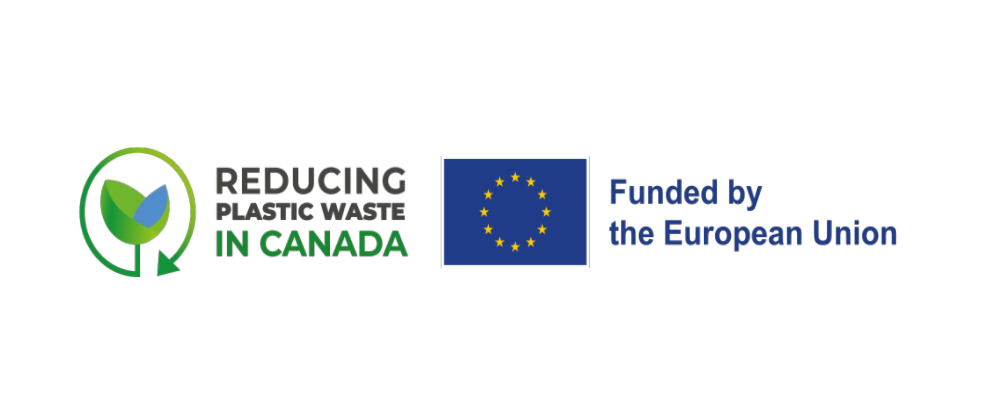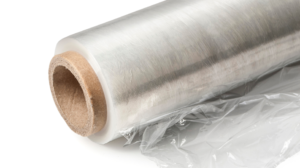- Policy
- Government
- Facts & Stats
- Plastic Pollution
- National
- International
Story 1: The EU Policy Framework for Sustainable Circular Procurement Includes Supporting Criteria and Tools
EU studies show that the uptake of Green Procurement Policies (GPP) strongly correlates to the existence or absence of tools and standards to implement GPP solutions. Using standards can ease the decision-making process in public procurement and contribute to a harmonised approach to GPP.
The EU Commission manages a number of key activities to facilitate green, socially responsible and circular procurement implementation in Europe, including:
- GPP criteria on key product/service sectors.
- Buying Green Handbook – a guide on implementing GPP within the EU Procurement Directives.
- A GPP website, containing information, advice and links.
- The GPP News Alert – a monthly newsletter, containing good practice examples and latest news on greening procurement advancements in implementation.
- The Buying Social Guide – taking into account social responsibility in procurement processes.
The roadmap “Closing the loop – An EU action plan for the Circular Economy” outlining the key role public procurement has in the uptake of circular economy by emphasising circular economy aspects in new or revised criteria, supporting higher uptake of GPP, and leading by example on its procurement and in EU funding.
The EU GPP criteria are developed to facilitate the inclusion of green requirements in public tender documents. Updated green procurement criteria are available for: cleaning products and services, information technology equipment, data centres and server rooms, electricity, food catering services and vending machines, furniture, imaging equipment, consumables, and print services, office buildings, paints, public spaces, roads and textiles.
EU Member States are encouraged to adopt or appropriately adapt criteria developed by the EU Commission to avoid a distortion across the EU market and encourage consistency. Having common criteria reduces the administrative burden for economic operators and for public administrations implementing GPP. Common GPP criteria are of a particular benefit to companies operating in more than one Member State as well as smaller enterprises whose capacity to master differing procurement procedures is limited.
Since 2008, the Commission has developed more than 20 common GPP criteria and regularly updates them. The priority sectors for implementing GPP were selected through a multi-criteria analysis including: scope for environmental improvement; public expenditure; potential impact on suppliers; potential for setting an example to private or corporate consumers; political sensitivity; existence of relevant and easy-to-use criteria; market availability and economic efficiency. The GPP criteria are based on data from an evidence base, on existing ecolabel criteria and on information collected from stakeholders of industry, civil society and Member States. The evidence base includes available scientific information and data, adopts a life-cycle approach and engages stakeholders who meet to discuss issues and develop consensus.
The following EU countries have developed a National Action Plan on Green Procurement in support of the European Commission’s direction to do so (voluntarily): Austria, Belgium, Bulgaria, Croatia, Cyprus, Czech Republic, Denmark, Finland, France, Germany, Greece, Ireland, Italy, Latvia, Lithuania, Malta, Netherlands, Poland, Portugal, Slovakia, Slovenia, Spain, and Sweden.
URLs
https://ec.europa.eu/environment/gpp/eu_gpp_criteria_en.htm
https://ec.europa.eu/environment/gpp/gpp_criteria_en.htm
The European Union (EU) project on Reducing Plastic Waste in Canada




